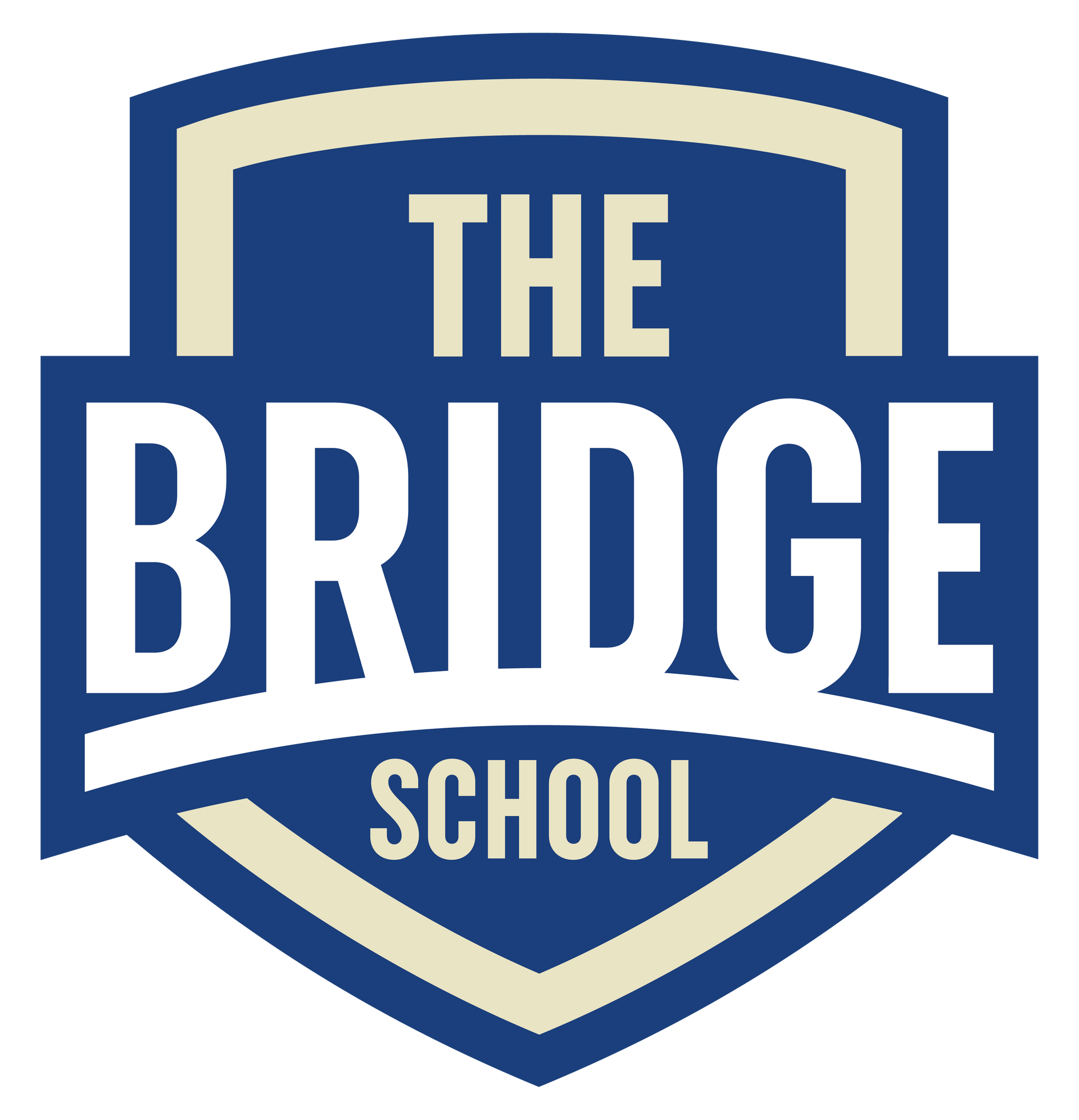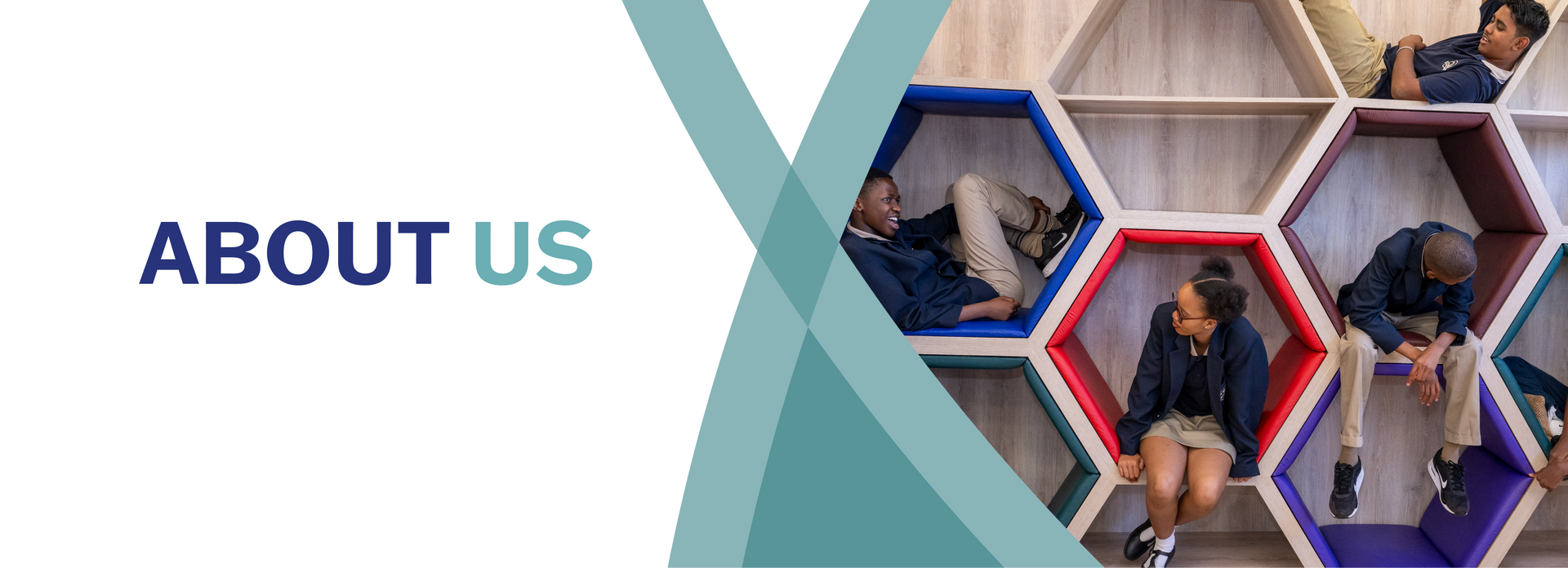
OUR APPROACH
At The Bridge School, we believe in embracing the diversity of every learner’s potential through a neurodiverse educational philosophy. Our approach includes customised learning paths that adapt teaching methods to suit individual strengths and challenges. We foster a safe, nurturing environment where students feel valued and supported, ensuring their academic, emotional, and social growth.
Key features:
- Personalised Learning Plans
- Continuous Evaluation
- Inclusive Culture

Together, we create a thriving ecosystem for student success.

Our Supportive Parent Community
At The Bridge, parents are integral to the learning journey. We offer a range of resources and initiatives to ensure families feel supported and informed:
Workshops and Guidance
Access expert-led sessions that address common challenges.
Transparent Communication
Regular updates and feedback keep parents involved.
Peer Community
Join a network of parents who share similar experiences and goals.
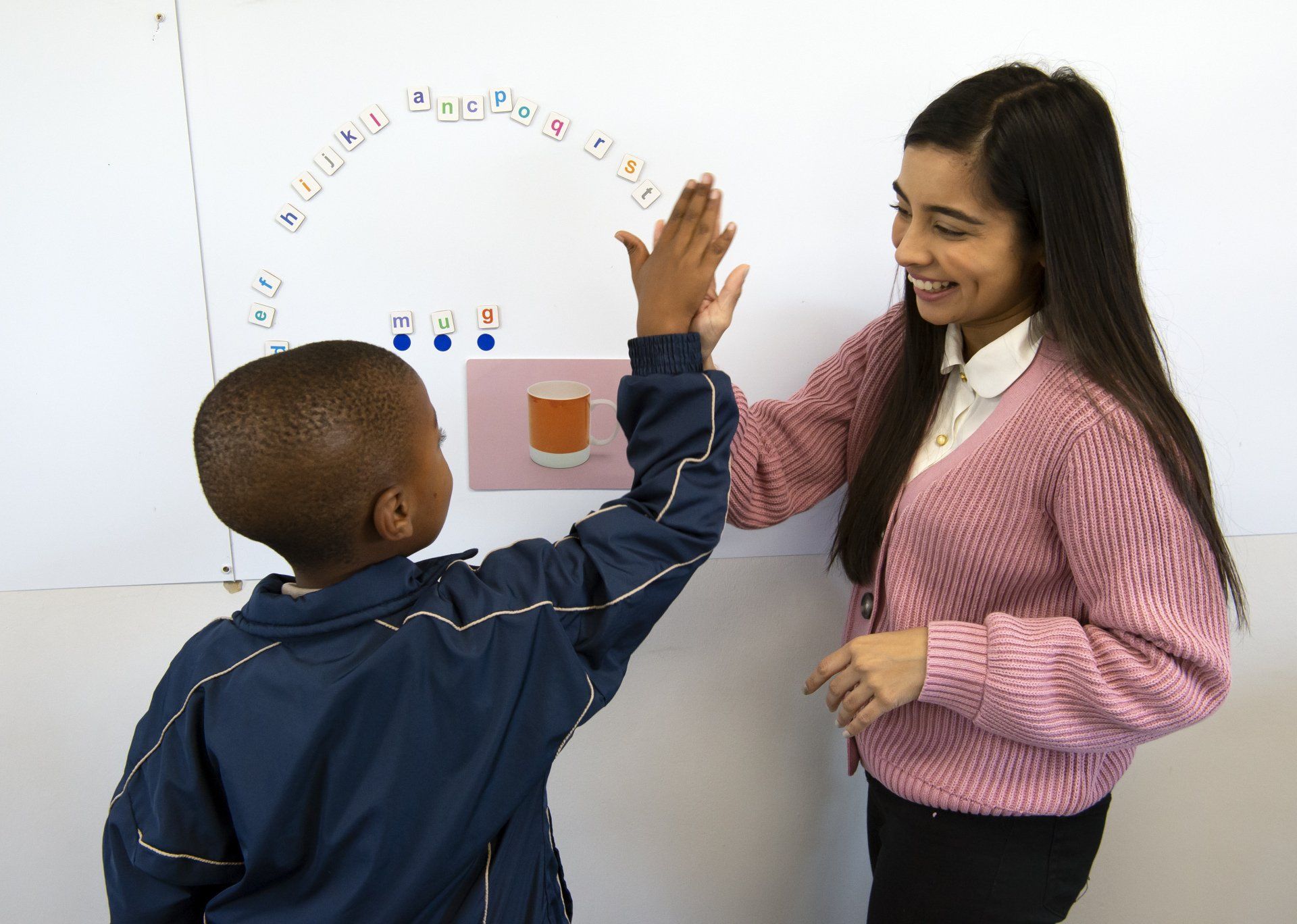
SPECIALIST TEAMS
We celebrate neurodiversity by recognising that all brains learn differently. Our innovative methodologies and empathy-driven support eliminate stigma, providing flexible teaching strategies that empower students to build on their strengths.
Conditions We Support:
- ADHD
- Autism Spectrum Disorder
- Dyslexia
- Anxiety Disorders
- Sensory Processing Disorder
NEURODIVERSE APPROACH
Our dedicated team of experienced teachers and therapists works collaboratively to ensure every student’s unique needs are met. From speech and occupational therapists to educational psychologists, we have a multi-disciplinary team that provides integrated support within the classroom.
Key Roles:
- Specialist Teachers
- Speech & Occupational Therapists
- Educational Psychologists
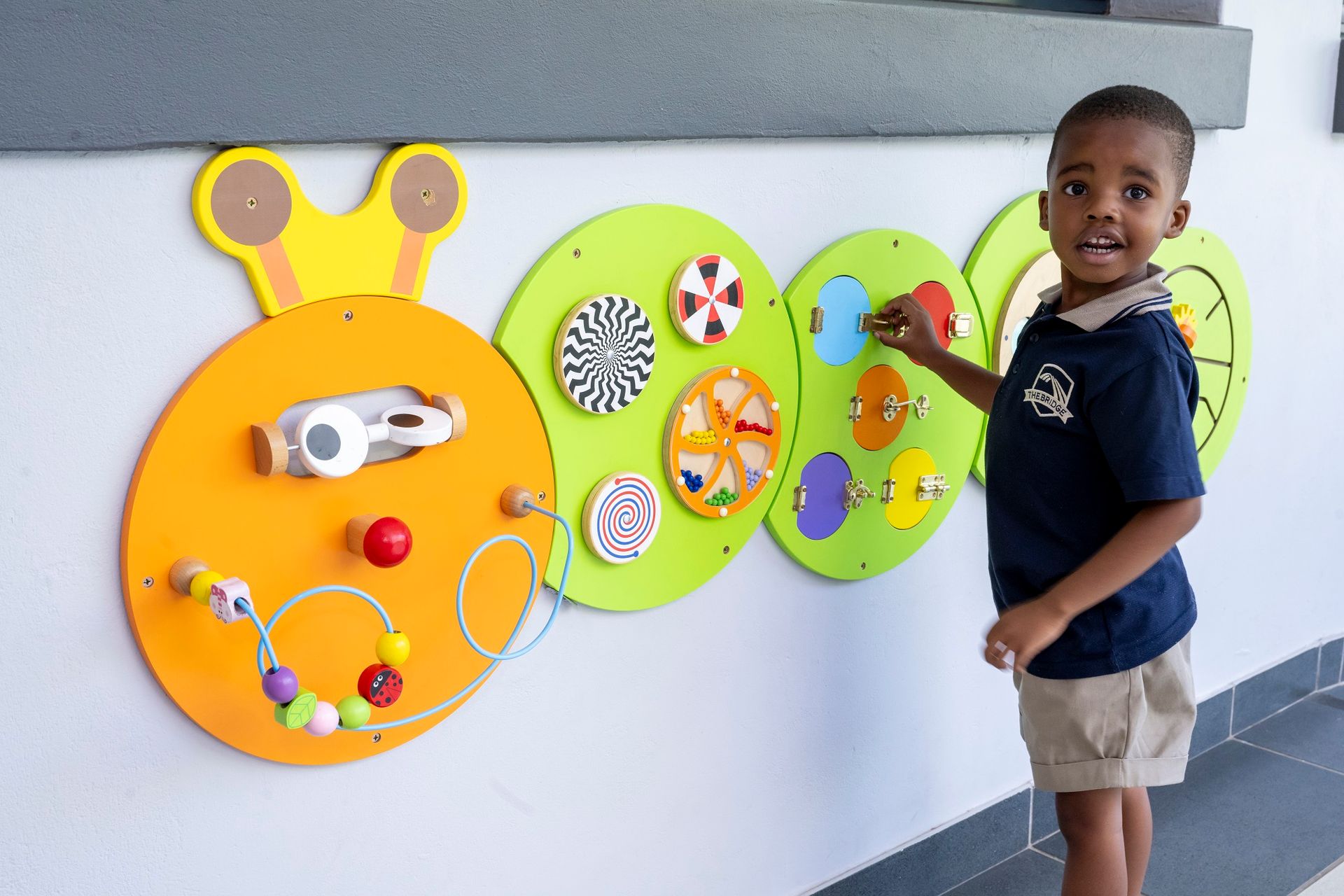
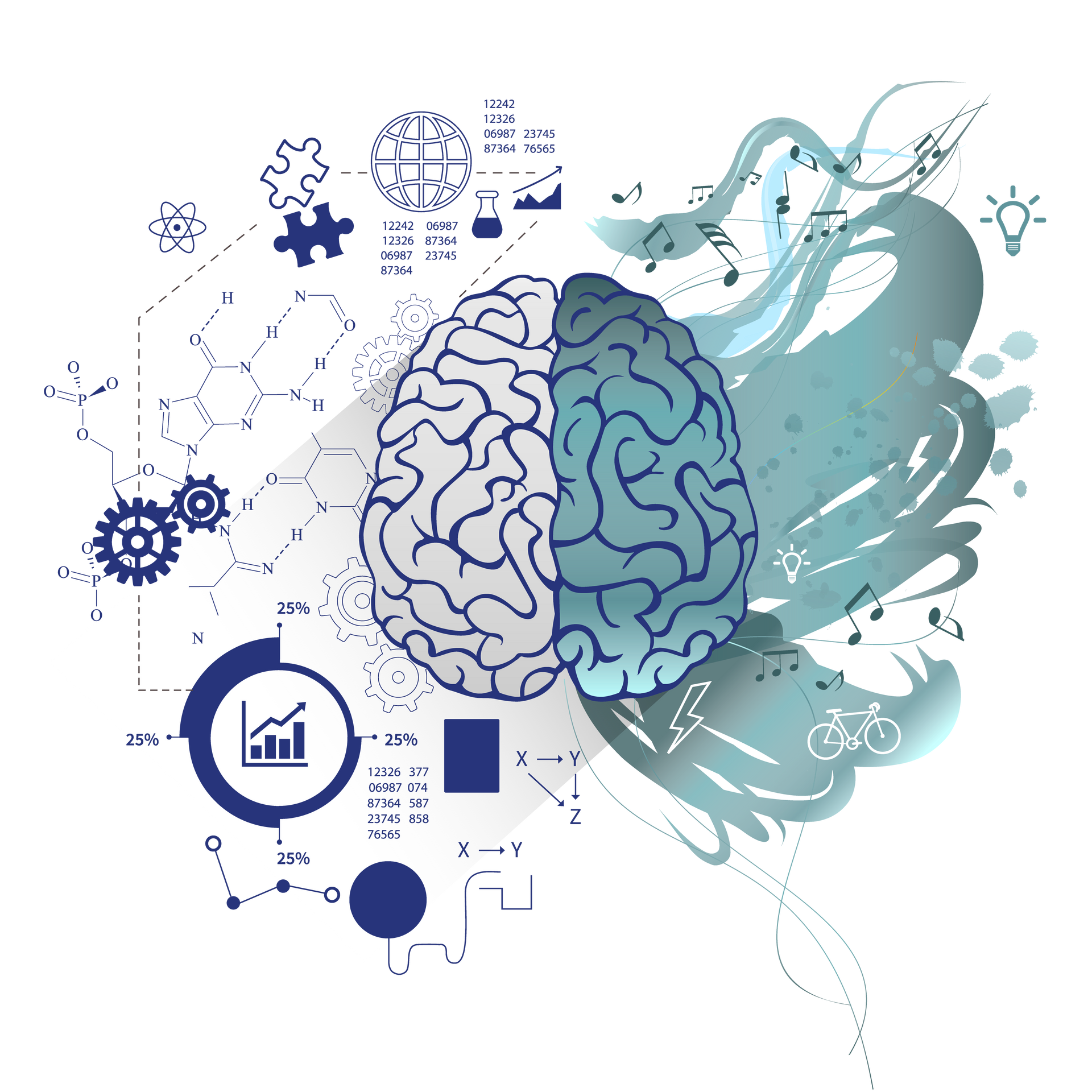
Everyone in the world’s brain learn differently.
When following a Neurodiverse approach, students with learning and thinking differences benefit greatly. Our goal is to ensure that our approach will allow for an individual style, rather than trying to fit the child into another person’s style. It is therefore a big part of the educational approach at The Bridge to ensure that we eliminate outdated perceptions around learning and thinking differences.
Key aspects include:
- Innovative Methodologies: Flexible teaching strategies that cater to diverse needs.
- Empathy-Driven Support: A compassionate culture that eliminates stigma.
